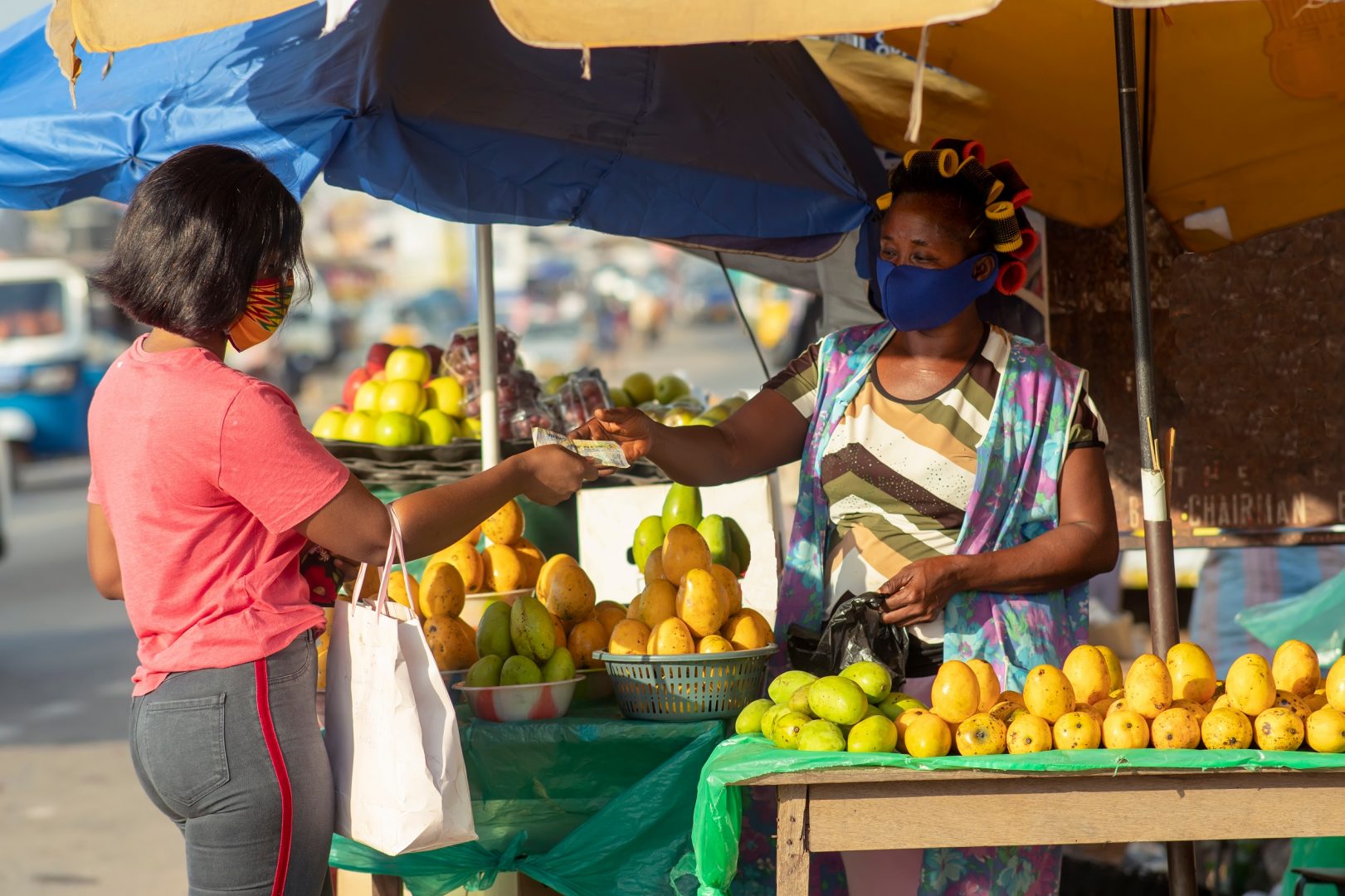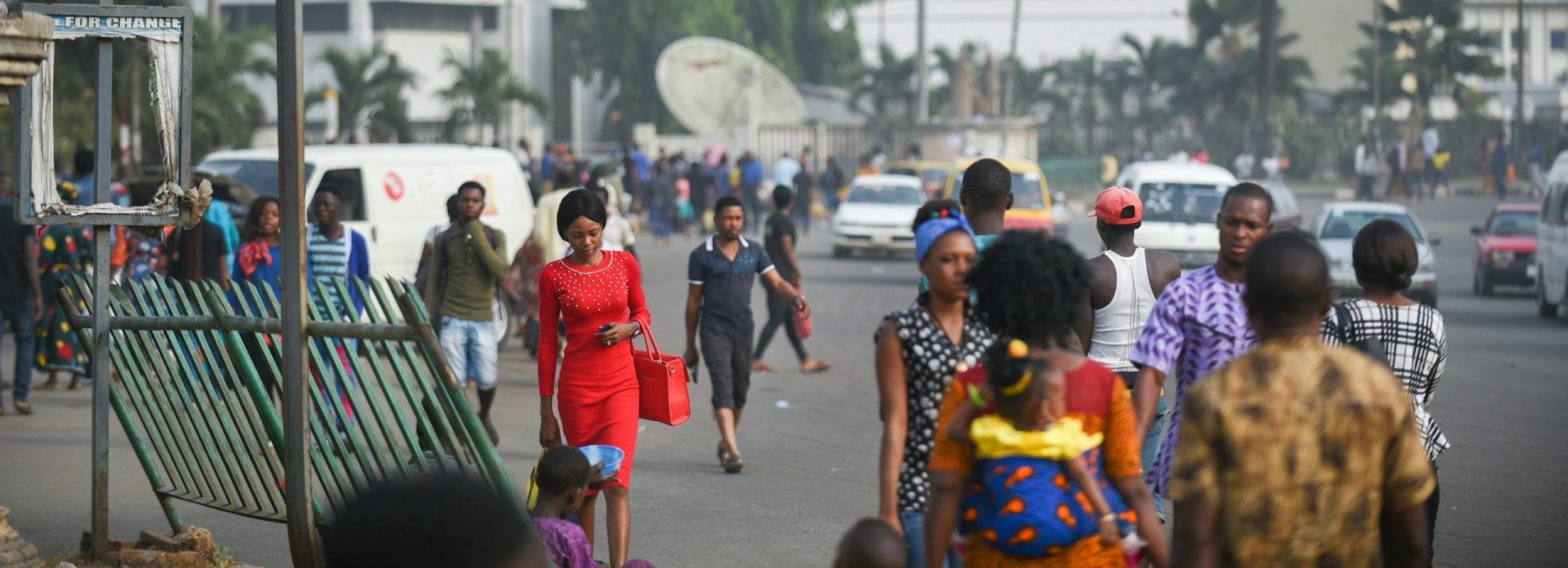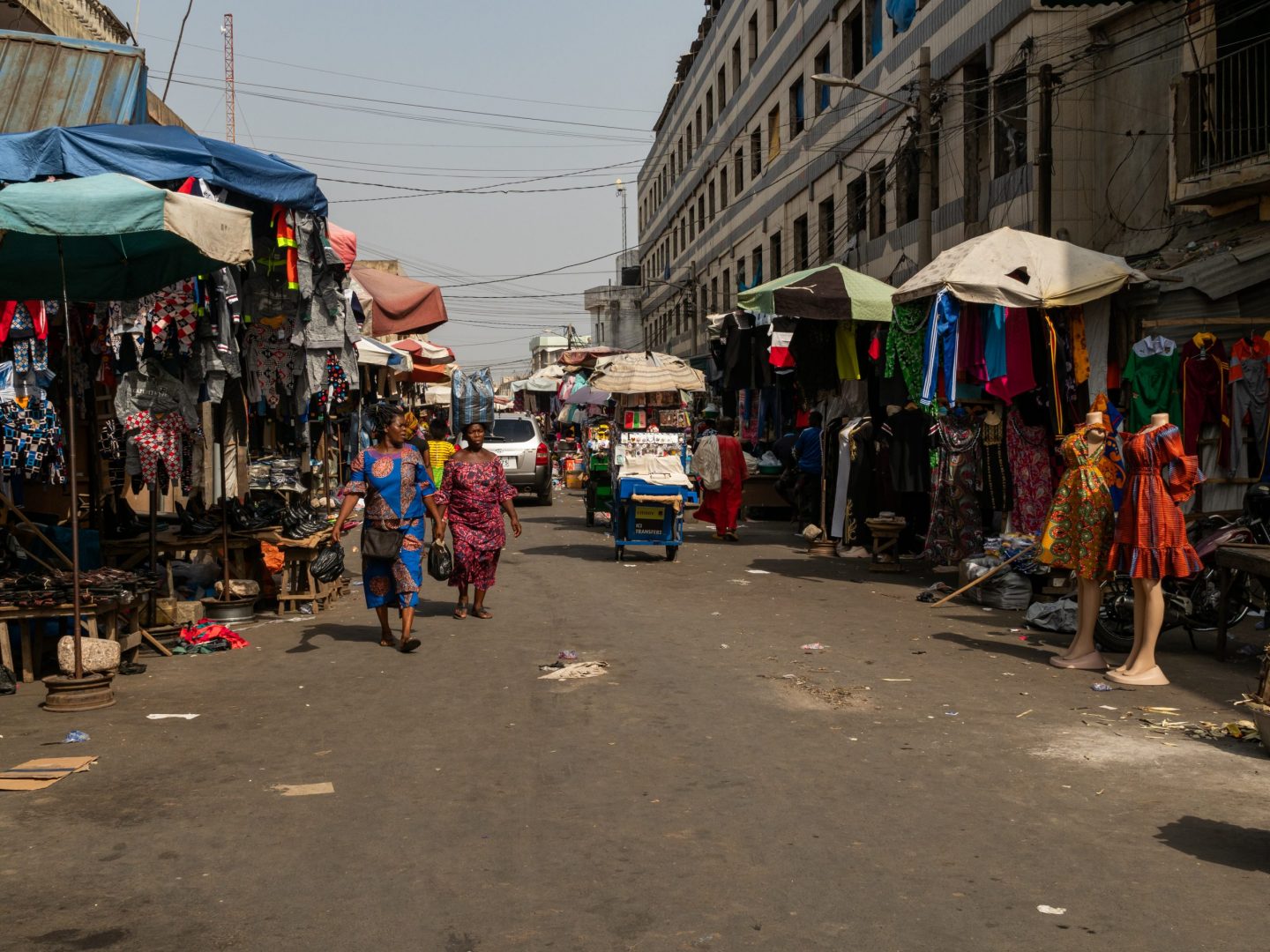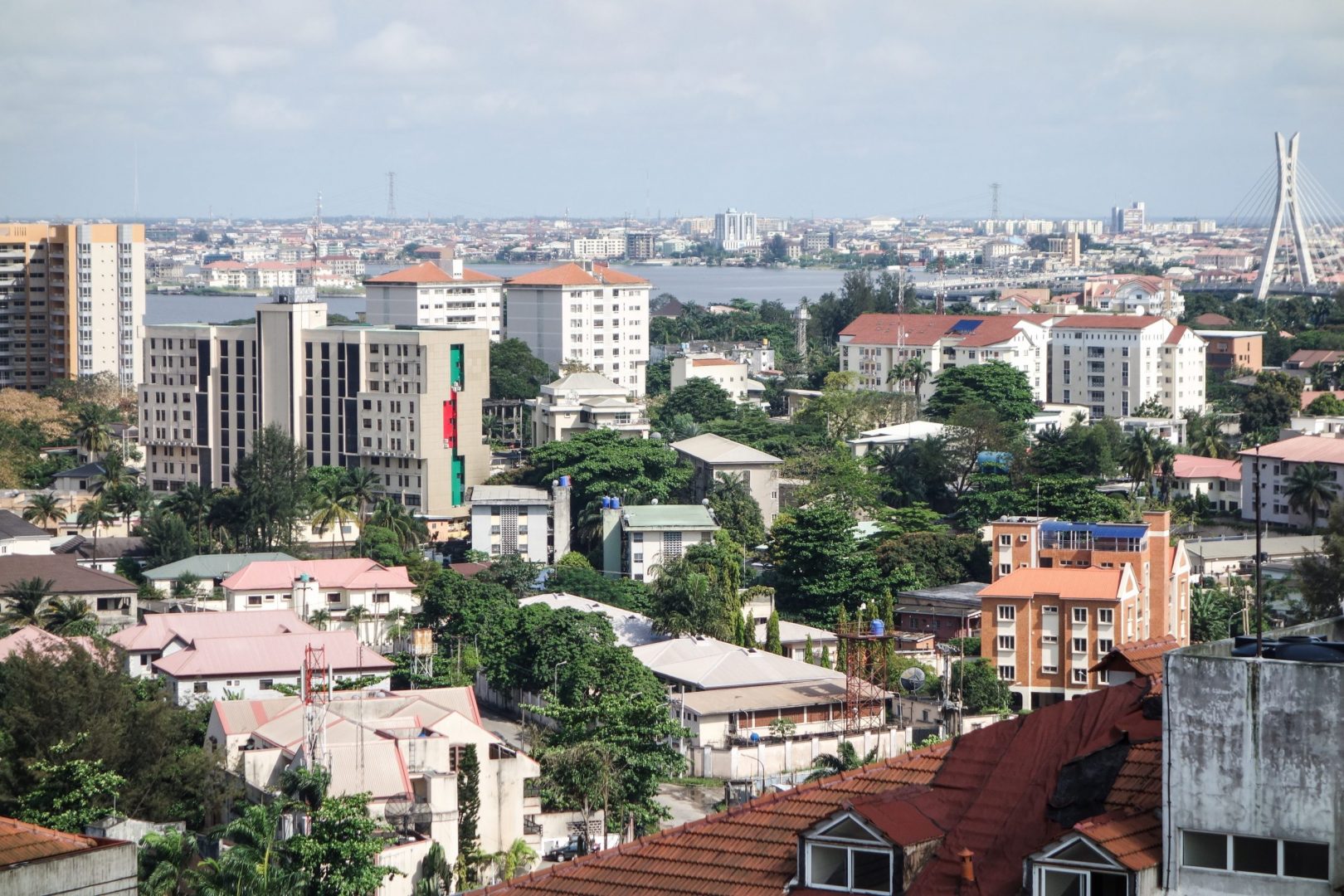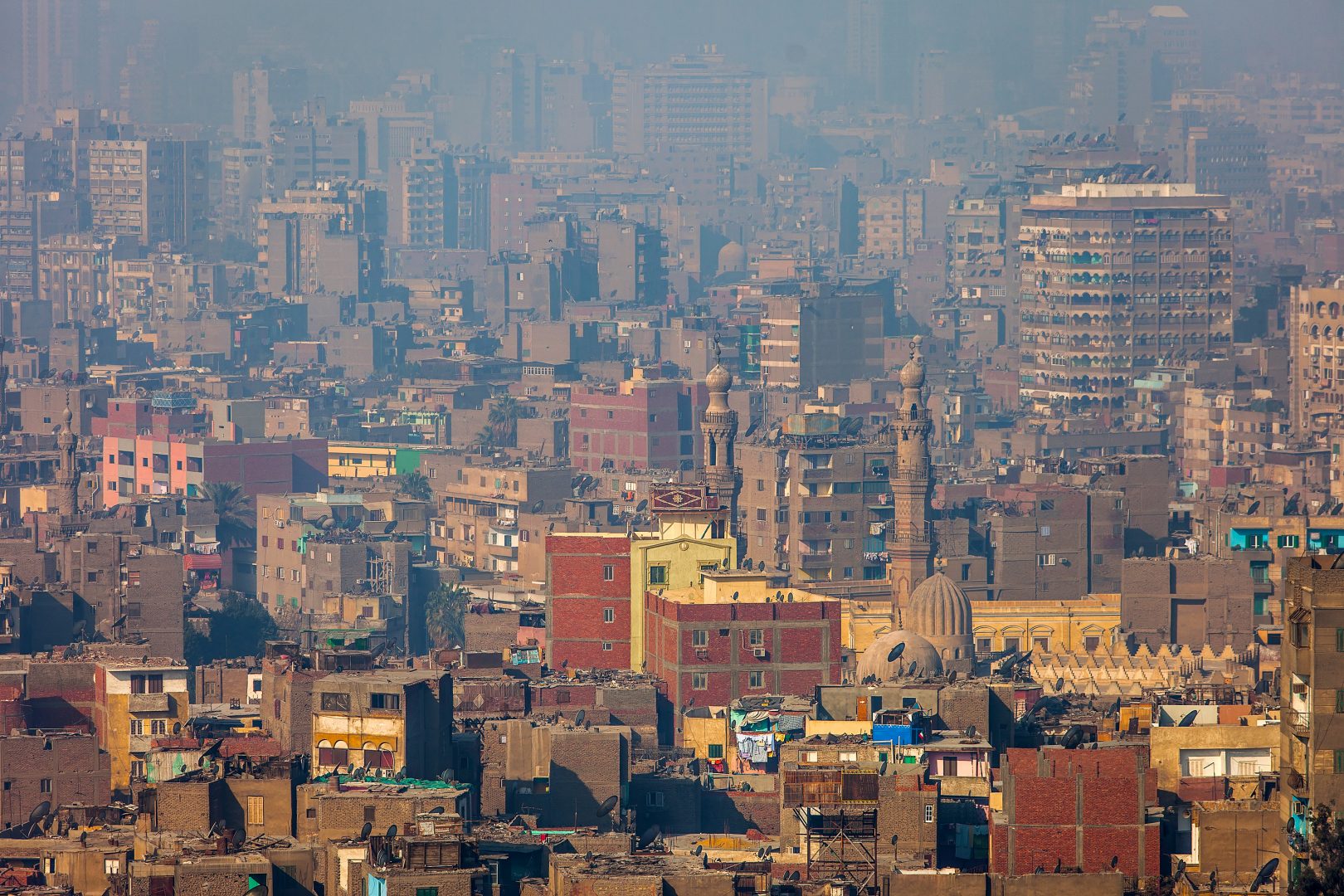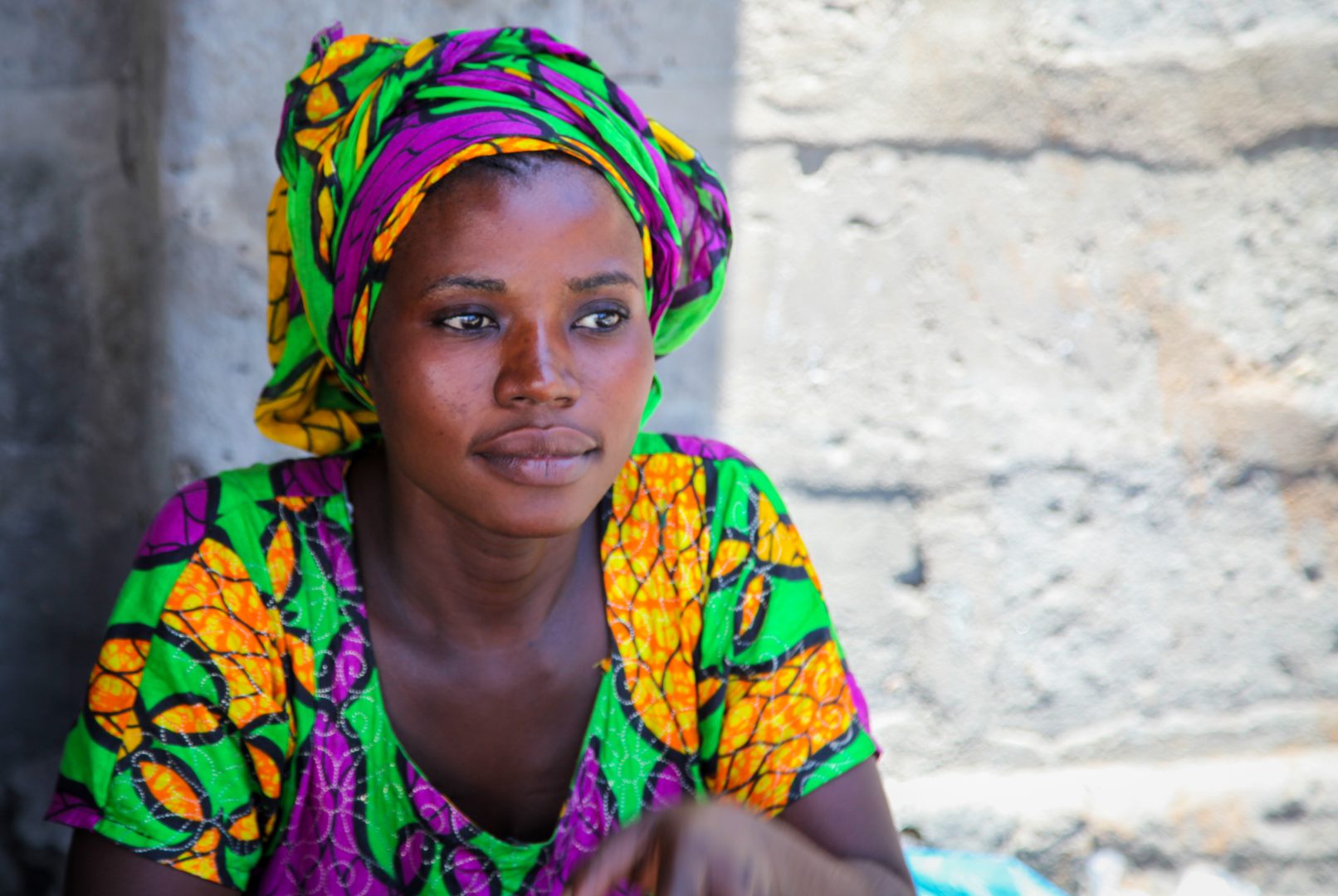Admir Imami, Director, Head of Trade and Supply Chain Finance at CDC Group, reflects on the key role played by development finance institutions (DFIs) in shoring up critical access to trade finance when it’s needed most.
This piece was first published in Global Trade Review
Many African nations are being particularly hard hit by the pandemic as bank liquidity issues have hampered vital medical and food imports over the past few months. That’s why trade finance is a vital part of CDC Group’s Covid-19 response on the continent. Since the programme’s inception in 2015, CDC has guaranteed US$3.6bn, which has resulted in US$13.2bn of trade across our markets in Africa and South Asia.
The pandemic has destabilised markets around the world and, while all populations and economies are being affected, it’s the most under-developed nations that face the greatest hardship. These countries often encounter severe constraints in accessing basic necessities during times of crisis as trade flows dry up. Pre-Covid-19, Africa’s trade finance gap was already running at between US$110bn and US$120bn, according to estimates by the International Chamber of Commerce, and the pandemic has widened this considerably.
As currencies across Africa depreciated from March onwards, we saw banks reassess their risk appetite and reduce their local correspondent banking relationships. The large market dislocations in March also impacted liquidity significantly. These factors created a major barrier to trade and have hampered the import of essential supplies, such as medicines, commodities and food staples – supplies critical to mitigating the humanitarian impacts of the pandemic in a region already vulnerable to economic shocks.
Development finance institutions (DFIs), such as CDC Group, play a vital role in providing additional capital to Africa’s markets. DFIs provide countercyclical funding targeted at supporting some of the world’s most challenged markets to effect development impact at scale. The nature of many DFIs as government-owned institutions enables them to take on risk at times when commercial sources of finance retreat from the market. Under the current pandemic, funding from institutions like CDC has become more important than ever.
CDC’s response
Over the past few months, CDC has mobilised a comprehensive Covid-19 response, an important part of which has been to accelerate systemic liquidity through our trade finance programme into the markets that need it most.
As a provider of additional capital, our purpose is not to crowd out private capital. The growth in our trade finance programme demonstrates the crucial need for our investments in Africa and South Asia.
At the end of 2018, our trade finance portfolio commitments stood at US$775mn; by 2019, it had expanded to just over US$1bn, and we expect to exceed this pace of growth through 2020.
The scale of the pandemic’s effect on trade flows is illustrated by the fact that March 2020 saw record levels of trade finance from CDC, totalling US$650mn in a single month, supporting 350 transactions. Importantly, given the immediate need for essential supplies, our capacity in African trade finance meant we were able to respond quickly to requests for funding. This is true of many DFIs who have stepped up their funding to support economies across Africa.
Further, over the past few months, we have deepened our existing relationships with banks and built multiple new partnerships to support African economies. These new facilities will be critical in addressing the lack of commercial capital flowing into Africa.
In June, we announced a new partnership with Société Générale that will offer a trade finance risk sharing facility, with a focus on Francophone West Africa. Supporting Société Générale to increase the limits that it currently provides to local banks and extend limits to new banks in Africa, the facility will bolster trade finance in hard-to-reach and often overlooked markets. These include countries such as Mali and Mauritania, where the economies are small and the cost and perceived risk are often too high for commercial banks and insurers.
We have also bolstered our commitment to Absa Group Limited to support the bank’s trade finance business across the continent. This builds upon two existing trade finance facilities closed in 2019, and further strengthens our partnership with the bank. This plays a key role as part of our response to Covid-19; the ultimate impact objectives focus on maintaining consumer access to a wide range of goods and services through facilitating commodity imports, as well as sustaining economic opportunities through supporting imports of capital equipment and intermediate goods for businesses.
Year to date, we have committed US$225mn to several leading trade finance banks, supporting CDC’s Covid-19 response, with an additional US$210mn of active pipeline transactions which are expected to close imminently. At a time when many investors in our markets are withdrawing, our additional capital underscores our commitment to Africa, and our wider markets, helping to keep essential goods moving and supporting companies through the current healthcare and economic crisis. As part of the ‘strengthen’ pillar of CDC Group’s Covid-19 response, we are able to provide critical liquidity to support local banks’ ability to sustain supply chains and facilitate continued trade flow during the crisis and beyond.
This type of innovative response clearly demonstrates the value of DFIs, particularly during periods where the paucity of commercial capital threatens economic growth and human development, in some of the world’s most challenged markets.
CDC Group will continue expanding its trade finance programme, partnering with banks so capital will reach the real economies of Africa and achieve transformative impact at scale.
This piece was first published in Global Trade Review

